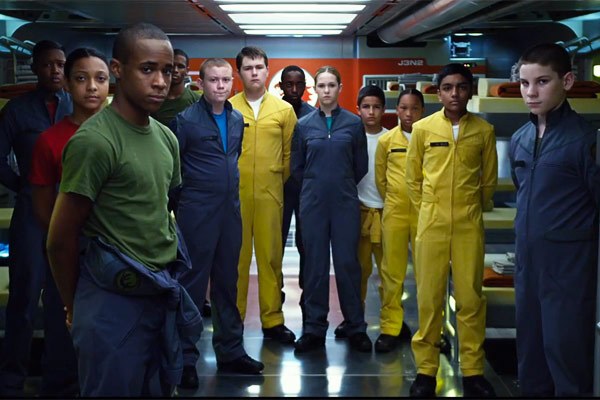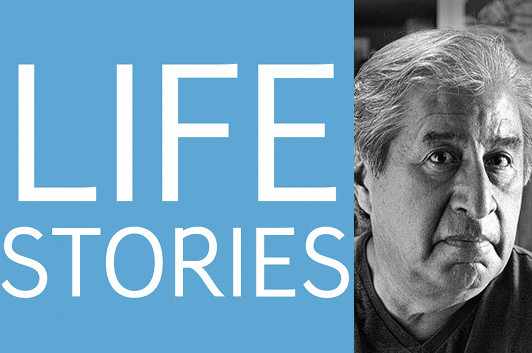My (Unexpected) Ender’s Game Problem

Lionsgate Film
My relationship with Ender’s Game is, as it is for many science fiction fans, complicated. I first read the novel as a teenager in the mid-1980s, and I remember identifying with Ender Wiggin the way subsequent generations of adolescents identify with Harry Potter—classic misunderstood, unappreciated boys who turn out to be humanity’s saviors. Over the years, though, it’s become harder to recommend the novel, or even its better sequel, Speaker for the Dead, to readers because of what we’ve learned about Orson Scott Card in the last 25 years.
I don’t intend to rehash the whole “love the art if not the artist” debate here. I reread Ender’s Game about a year ago and, though it didn’t impress me as much as it had back then, I could certainly see why I’d had that reaction. As good as the novel may be, though, and I realize that’s up for argument, I’m just uncomfortable with contributing to the ongoing success of a public figure whose politics I find abhorrent—and that includes encouraging other people to buy and read his work.
So I didn’t have any plans to see the Ender’s Game movie. Then, thanks to Card’s publisher, I was given the opportunity to see an advance screening and curiosity got the best of me. And, it turned out, the film is morally troubling for entirely different reasons than many of us, including myself, might have been expecting.
Note: There will be spoilers.
31 October 2013 | uncategorized |
Life Stories #50: Richard Rodriguez
Subscribe to Life Stories in iTunes
Though billed as a “spiritual autobiography,” Richard Rodriguez’s Darling might more accurately be described as a collection of essays that combine autobiographical elements with contemplation of a set of major religious concepts—from the ways in which 9/11 created in Rodriguez an awareness of the common ground shared by the three “desert religions” (Judaism, Christianity, and Islam) to a nuanced unpacking of his friendship with one woman that leads to a new understanding of his relationship as a gay man to straight women and, through them, to the feminist movement and to the Catholic Church in which he remains a faithful member. Once you’ve joined me for a half-hour or so in conversation with Rodriguez, I hope you’ll be inspired to spend more time with him through the printed page.
In this episode of Life Stories, the podcast series where I talk to memoir writers about their lives and the art of writing memoir, Rodriguez and I discuss how he began weaving his personal experiences into his discussions of public issues, what he’s taken from Pope Francis’s first few months in the Vatican, and about his concerns over how his literary style will go over with readers in an age of increasingly short attention spans. That may not be a completely unjustified fear, but I think there’s always going to be an audience for nuanced explorations of how we make sense of, and forge our identities in, the world around us, and Darling is a stirring example of this genre.
Listen to Life Stories #50: Richard Rodriguez (MP3 file); or download this file directly by right-clicking (Mac users, option-click). You can also subscribe to Life Stories in iTunes, where you can catch up with earlier episodes and be alerted whenever a new one is released. (And if you are an iTunes subscriber, please consider rating and reviewing the podcast!)
25 October 2013 | life stories |


 Our Endless and Proper Work is my new book with Belt Publishing about starting (and sticking to) a productive writing practice.
Our Endless and Proper Work is my new book with Belt Publishing about starting (and sticking to) a productive writing practice. 
